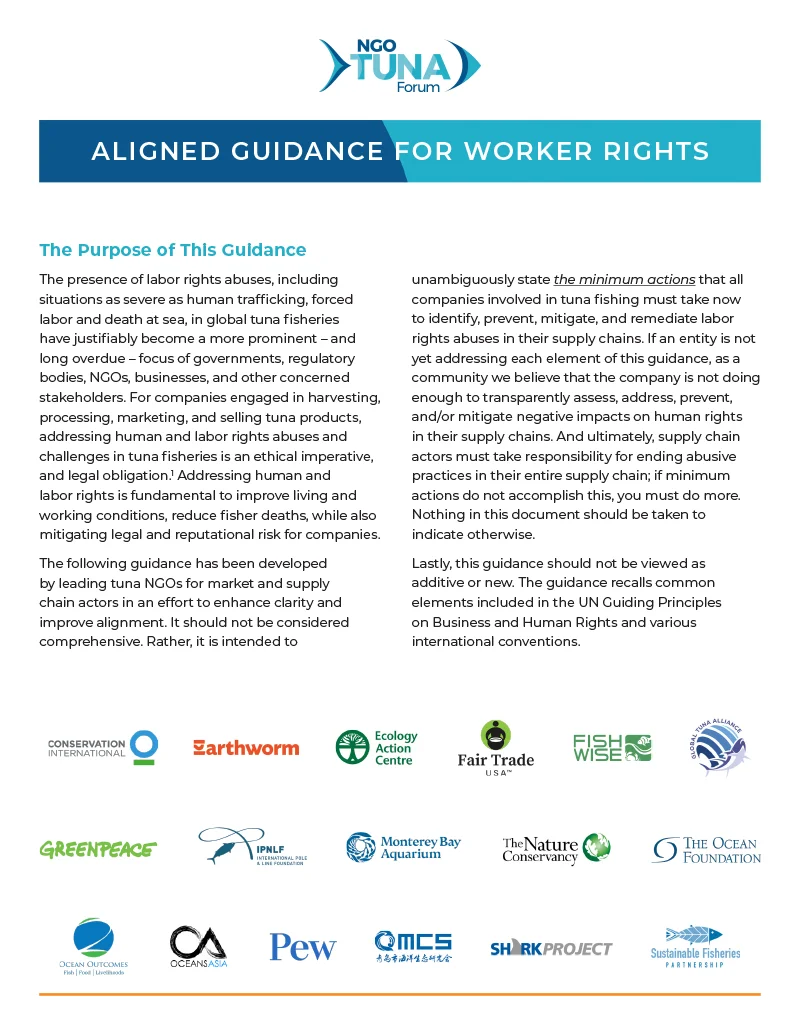Aligned Guidance for Worker Rights
The Purpose of This Guidance
The presence of labor rights abuses, including situations as severe as human trafficking, forced labor and death at sea, in global tuna fisheries have justifiably become a more prominent – and long overdue – focus of governments, regulatory bodies, NGOs, businesses, and other concerned stakeholders. For companies engaged in harvesting, processing, marketing, and selling tuna products, addressing human and labor rights abuses and challenges in tuna fisheries is an ethical imperative, and legal obligation.1 Addressing human and labor rights is fundamental to improve living and working conditions, reduce fisher deaths, while also mitigating legal and reputational risk for companies.
READ MORE
Lastly, this guidance should not be viewed as additive or new. The guidance recalls common elements included in the UN Guiding Principles on Business and Human Rights and various international conventions.
The Basis of This Guidance
The responsibility of business enterprises to respect human and labor rights refers to internationally recognized human rights – understood, at a minimum, as those expressed in the International Bill of Human Rights and the principles concerning fundamental rights set out in the International Labour Organization’s Declaration on Fundamental Principles and Rights at Work. The NGO Tuna Forum recognizes that labor rights are human rights and that industry actors have a clear responsibility to ensure that labor rights are upheld across all workplaces and throughout all supply chains.
READ MORE
Most globally published standards, certifications, and guidance documents on labor rights in fisheries are derived from international frameworks for human rights and seafood. Companies should anchor their policies, commitments and supply chain requirements in the International Bill of Human Rights, the whole of the United Nations (UN) Guiding Principles on Business and Human Rights, and the following ILO conventions and guidelines:
- International Labor Organisation’s (ILO) Fundamental Principles and Rights at Work
- ILO Fundamental Conventions
- ILO Work in Fishing Convention, 2007 (No. 188)
- ILO Protocol of 2014 to the Forced Labour Convention, 1930 (P029)
- ILO General principles and operational guidelines for fair recruitment and definition of recruitment fees and related costs
- ILO Decent Work Agenda
Minimum Policies, Requirements, and Actions to Prevent & Mitigate Labor Rights Abuses in Tuna Supply Chains
Five Core Elements for Preventing & Mitigating Labor Rights Abuses At Work
Laws & Principles

From UN Guiding Principles on Business & Human Rights:
Commit

Due Diligence

Act to Prevent & Remedy

Advocacy

In support of our collaborative position, we expect:
Test
Element One: Laws and Principles
Element Two: Rights at Work Policies
As the basis for embedding their responsibility to respect human and labor rights, business enterprises should express their commitment to meet this responsibility through a statement of policy that, per the UNGPs:
- Is approved at the most senior level of the business enterprise;
- Is informed by relevant internal and/or external expertise;
- Stipulates the enterprise’s human and labor rights expectations of personnel, business partners and other parties directly linked to its operations, products or services;
- Is publicly available and communicated internally and externally to all personnel, business partners and other relevant parties;
- Is reflected in operational policies and procedures necessary to embed it throughout the business enterprise.”2
“Meaningful consultation with potentially affected groups and other relevant stakeholders”3 should be an integral part of policy development, human rights risk assessments4 and verifying whether adverse human rights impacts are being addressed.5 Stakeholder engagement or consultation is defined by the UNGP Interpretive Guide as “an ongoing process of interaction and dialogue between an enterprise and its potentially affected stakeholders that enables the enterprise to hear, understand and respond to their interests and concerns, including through collaborative approaches.”6
In addition, human and labor rights policies should be inclusive of elements established in ILO conventions and principles, including:
- No Child Labor
- No Forced Labor
- No Discrimination
- Freedom of Association (and Collective Bargaining)
- Safe Working Conditions
- Humane Treatment – Food, Water, Medical
- Worker Training
- Fair Wages
- Contracts/Written Agreements
- Fair and Ethical Recruitment
- Grievance Mechanism(s)
- Adequate Rest Hours
- Access to Communication
- Time at Sea
Companies must also enter into legally-binding and enforceable agreements with stakeholders. Specifically respecting the rights of freedom of association, to organize and engage in collective bargaining7 and be protected against acts of anti-union discrimination8, as laid out in the ILO Fundamental Conventions cited above.
Element Three: Human Rights Due Diligence Process
Element Four: Act to Prevent and Remedy
If laws and policies are not being abided by or commitments are not being met, or other abuses are identified, immediately commit to remediation with time-bound commitments. Engage with workers, their chosen unions and representative organizations, impacted stakeholders, and local trusted civil society organizations to ensure remediation is effective. Publish your remediation efforts and outcomes in the public domain.
Element Five: Advocacy


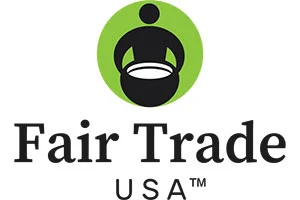







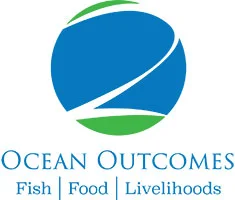


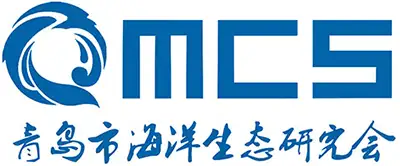

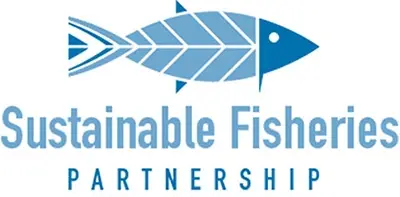
1. The responsibility to respect human rights is expected conduct for all seafood business enterprises. “It exists independently of States’ abilities and/or willingness to fulfill their own human rights obligations and does not diminish those obligations. And it exists over and above compliance with national laws and regulations protecting human rights” [UNGP 2.11]
2. UNGP 16
3. UNGP 18b
4. UNGP 18b
5. UNGP 20b
6. p. 8, ohchr.org/sites/default/files/Documents/Issues/Business/RtRInterpretativeGuide.pdf
7. ILO C087 – Freedom of Association and Protection of the Right to Organise Convention, 1948 (No. 87)
8. ILO C098 – Right to Organise and Collective Bargaining Convention, 1949 (No. 98)
9. UN Guiding Principles of Human Rights, Principle 31.

